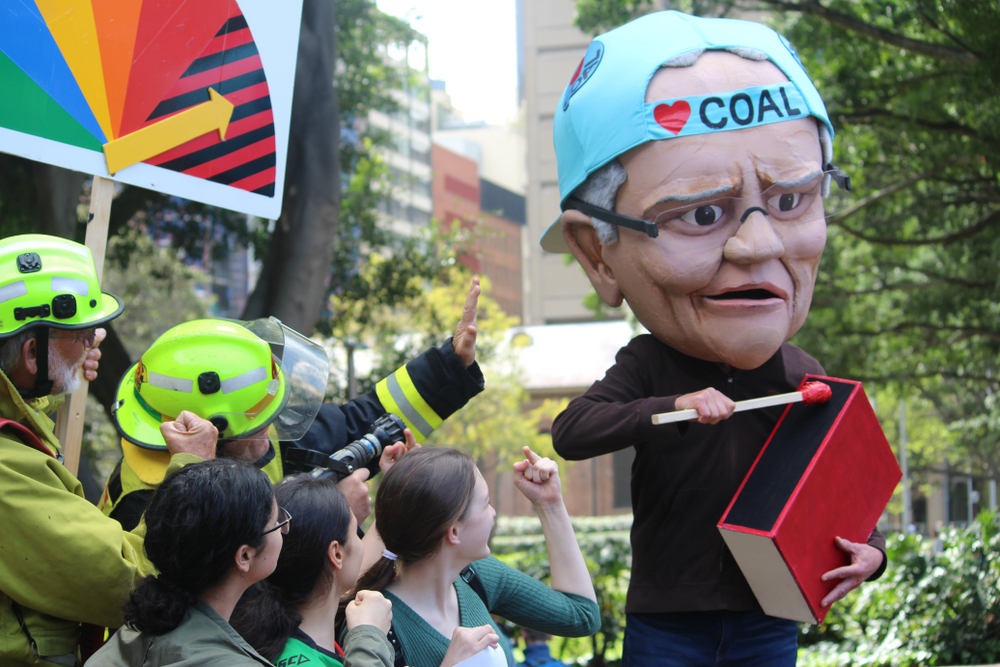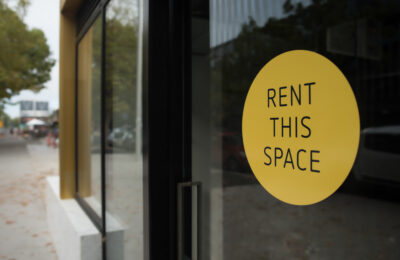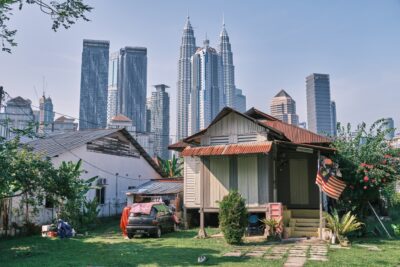From disastrous bushfires to global pandemic: Australia’s residential market rises from the ashes
The Aussie residential market, already hit by some of the worst bushfires in memory, is now coping with the inferno that is a global pandemic

Australia was battling its worst bushfire season on record when droves of city dwellers took to the beaches after Christmas. For property watchers, this was a good sign.
For months, fires had ravaged millions of hectares of coastal land, driving away tourists and sinking regional property markets. The return of holidaymakers to areas that though unaffected by fires had been equally deserted was encouraging: coastal activity typically serves as a litmus test for how regions and cities will perform after the quiet festive period.
“We’d gone through that period post-bushfires and the market was starting to respond reasonably well in January and the beginning of February,” says Jock Langley, director at Abercromby’s Real Estate in Melbourne.
However, with the global spread of the coronavirus shuttering industries and economies on an unprecedented scale, demand for real estate in Australia has plummeted. Compared to COVID-19, says Langley, the bushfires now seem like “the calm before the storm”.
“While the bushfire crisis has had an impact on Australia in that it’s really devastated many areas and zones, there is also a lot of Australia that hasn’t been burnt,” says Langley. “And those areas are continuing to flourish.”
But the COVID-19 pandemic has exacerbated the damage dealt by the bushfire crisis, which thus far has slashed USD3.5 billion from the economy.
With the government restricting inter-state travel to suppress the spread of the disease, many are worried about the economic impact on smaller communities.
Langley adds: “Shutting down a state means the small townships that really need people to come in and spend money—what impact is that going to have?”
Risk advisory firm RiskWise Property Research predicts Australia’s economic downturn and high unemployment rate as a consequence of the virus will lead to a sharp reduction in house prices.
“In the immediate term, particularly during the June quarter, we are expecting to see far fewer properties on the market across all states and territories, and for house prices to take a hit,” says Doron Peleg, CEO of Riskwise.
While the full force of COVID-19 on the global economy is still to be felt, it is, of course, expected to pass. Property analysts stress that Australia, with its low interest rates and weak dollar, is still attractive enough that its housing market will bounce back once the pandemic abates.
Forest fires, which have occurred every year for the past five decades, claim 100 homes per-year on average. This time, they destroyed 2,779 homes, along with almost 6,000 buildings and 18.6 million hectares of land.
For the recent bushfires, analysts see silver linings that should, in time, see house prices return to normal, after land valuations and house prices slumped.
Short-term demand for accommodation has risen in areas affected by the bushfires, with the need driven mostly by emergency officials, volunteers, and displaced residents. This is predicted to be sustained once residents return to their homes, with house prices rebounding.
Yet the threat of climate change casts a worrying picture for the planet and real estate markets.
Weather conditions conducive to extreme bushfires are becoming more frequent as a consequence of climate change. Indeed, Australia’s Prime Minister Scott Morrison labelled the intense bushfire season the “new normal”.
Forest fires, which have occurred every year for the past five decades, claim 100 homes per-year on average. This time, they destroyed 2,779 homes, along with almost 6,000 buildings and 18.6 million hectares of land.
More: Australian Prime Minister eases visa regulations to attract Hong Kong citizens
By mid-January, insurers had received 13,750 bushfire-related claims from the four affected states—New South Wales, Victoria, South Australia and Queensland—with losses estimated at AUD1.34 billion (USD865 million).
Insurance Australia Group Ltd., the largest general insurance company in Australia, estimated it will log AUD400 million in natural catastrophe losses for the second half of 2019, surpassing the AUD320 million it had budgeted. Insurers were able to absorb the losses, but Mallon fears that if climate change intensifies, that ability will be eroded—as will the chances for communities to rebuild after fires.
Analysis from Climate Risk shows the number of “uninsurable” addresses in Australia is projected to double by the turn of the century to nearly 720,000—or one in 20—if nothing is done to address escalating risk from extreme weather and climate change. Already, some coastal communities have seen their premiums increase between two- and five-fold, and—Mallon predicts—thousands more will experience the same in the coming decades.

In February, Morrison called for a national inquiry into the fires that will assess expanding federal government powers to call out the military, national standards for hazard reduction, and the mitigation of natural disasters.
Property analysts said this could prove a big step in protecting bushfire-prone housing markets. Mallon believes having a robust rescue service that can surgically protect homes with water or fire retardant, rather than trying to save entire forests, is crucial to ensure rural communities can thrive.
More: Navigating the property industry amidst growing tensions between China and Hong Kong/Australia
But critics of the inquiry point to its lack of scope. While the commission acknowledges climate change, it fails to tackle the climate crisis head on, ignoring its impact on Australian natural disasters and fudging concrete action.
Time will tell whether the Morrison administration’s notoriously patchy record on emissions reduction leaves his promises to tackle the climate crisis and safeguard homes in vulnerable communities sounding like so much hot air.
This article originally appeared in Issue No. 160 of PropertyGuru Property Report Magazine
Recommended
Meet the vagabond architect behind India’s housing scene
Vinu Daniel is helping to shake up India’s home building setting
Where Asian real estate stands in a fragmented, warmer world
Asia’s real estate industry faces many and varied challenges as external factors continue to bite
6 sights to see in Singapore’s Marine Parade
Handily located Marine Parade has emerged as a vibrant investment choice in the Lion City
There’s a township dedicated to health and wellness in Malaysia
Property seekers have their health needs catered for at KL Wellness City








